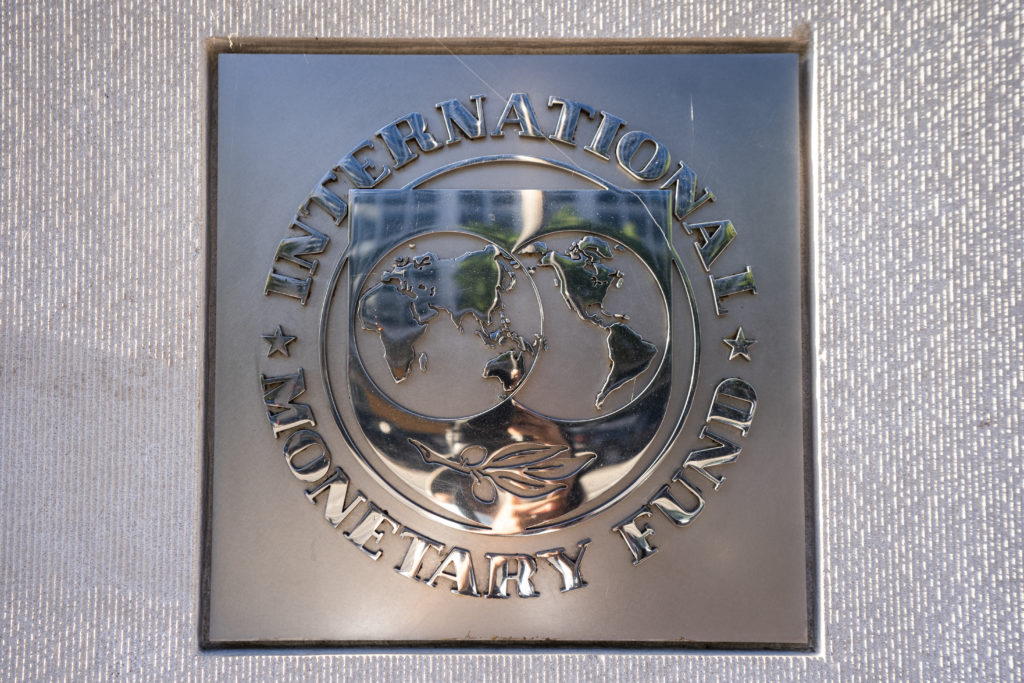The International Monetary Fund (IMF) has approved the disbursement of $111 million to Georgia under its Extended Fund Facility (EFF) to support the ex-Soviet country’s economy and help it to strengthen resilience to shocks.
The IMF said that allocation of the tranche would bring total disbursements under a three-year programme to $687 million.
“After successfully navigating the second wave of COVID-19 and commencing vaccinations, Georgia is at a potential turning point in overcoming the fallout of the pandemic,” the fund said in a statement.
It has suggested that the next steps are to decisively bring COVID-19 under control, secure the recovery, and maintain macroeconomic policy discipline in a challenging environment.
“Under the baseline, a strong recovery is expected to commence in the second quarter of 2021, and output is expected to expand by 3.5 percent for the year,” the IMF said.
Georgia’s highly tourism-reliant economy has been hit especially hard by the COVID crisis and lacks the resource-extraction or manufacturing base that has helped cushion the blow in some other ex-Soviet countries.
The country’s gross domestic product declined by 8.3 percent year-on-year in January-February this year, compared to 3.7 percent growth in the same period in 2020.
According to the IMF, Georgia’s 2021 budget appropriately provides additional targeted support to vulnerable households and businesses to help cope with the pandemic.
If more fiscal support is needed due to a new wave of the pandemic, reprioritising spending should be the first line of defence, the fund said. Increased public debt and sizeable contingent liabilities make strict adherence to the fiscal rule especially important to preserve credibility. Proactive monitoring of fiscal risks remains essential, and advancing state-owned enterprise reform would help control and mitigate those risks.
The IMF said that Georgia’s National Bank remained “appropriately focused on achieving its inflation target which is a cornerstone of Georgia’s macroeconomic policy framework.”
The National Bank raised its key refinancing rate to 8.5 percent from 8 percent on March 17 amid rising annual inflation. Annual inflation in March was up 7.2 percent, up from 3.6 percent in February and 6.1 percent in March 2020.
“The most recent policy rate increase responds to elevated inflation expectations following a somewhat prolonged period of inflation exceeding its target,” the fund said.
It said that further increases in the policy rate might be needed if external pressures persist.
“Overall, the inflation targeting framework, combined with the floating exchange rate regime, continues to serve Georgia well and foreign exchange intervention should remain aimed at preventing
disorderly market conditions,” the fund said.
The IMF said that in addition to prudent macroeconomic policies, advancing the structural reform agenda would be essential to sustain a durable and inclusive recovery. The near-term priorities are
operationalising the insolvency framework to deal with the aftermath of the COVID-19 shock,
as well as education reform.

